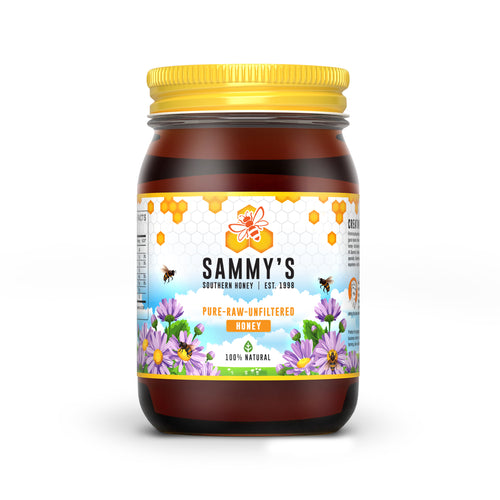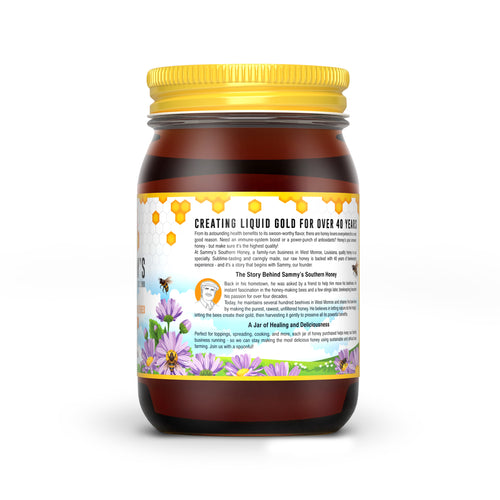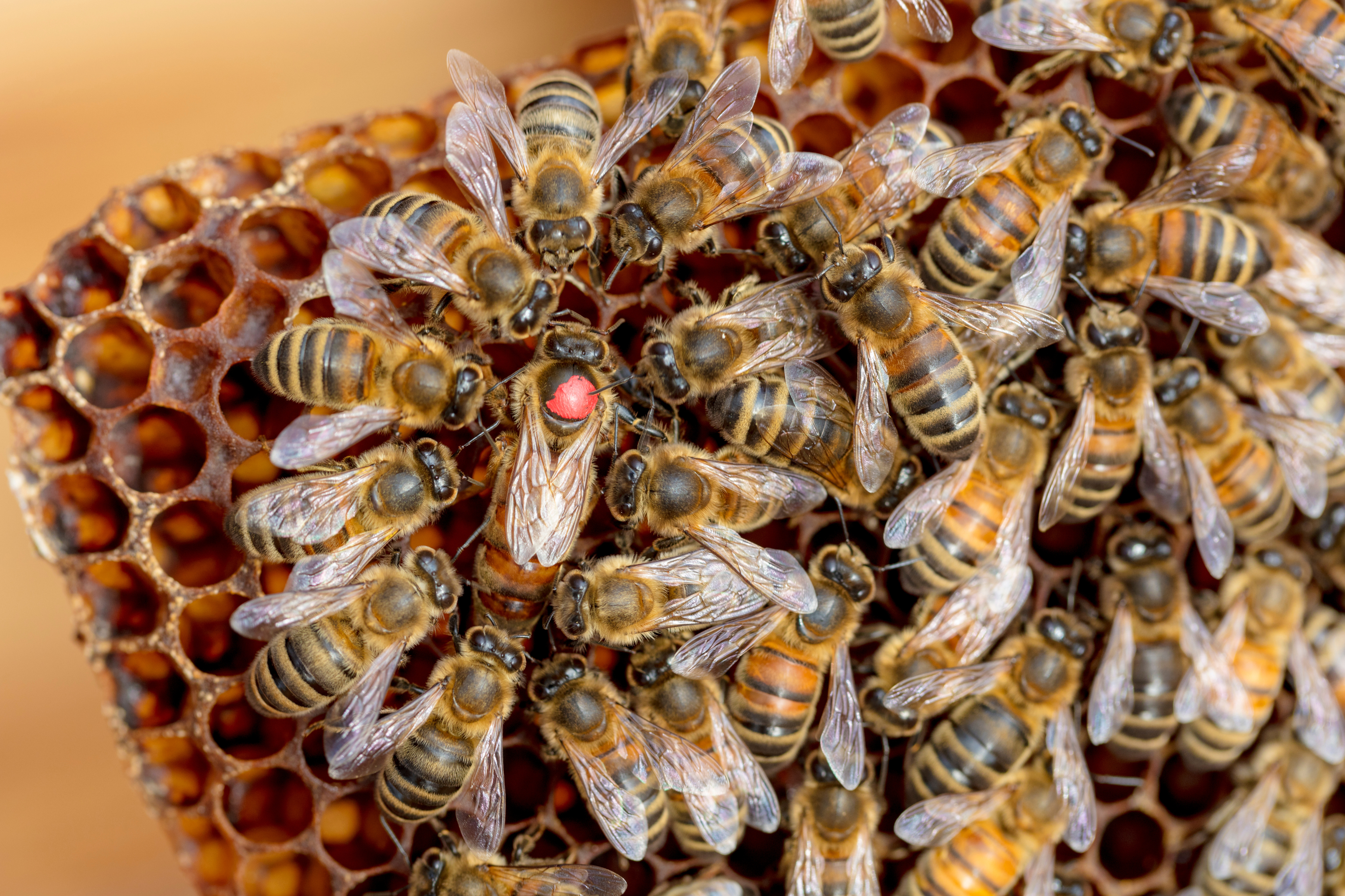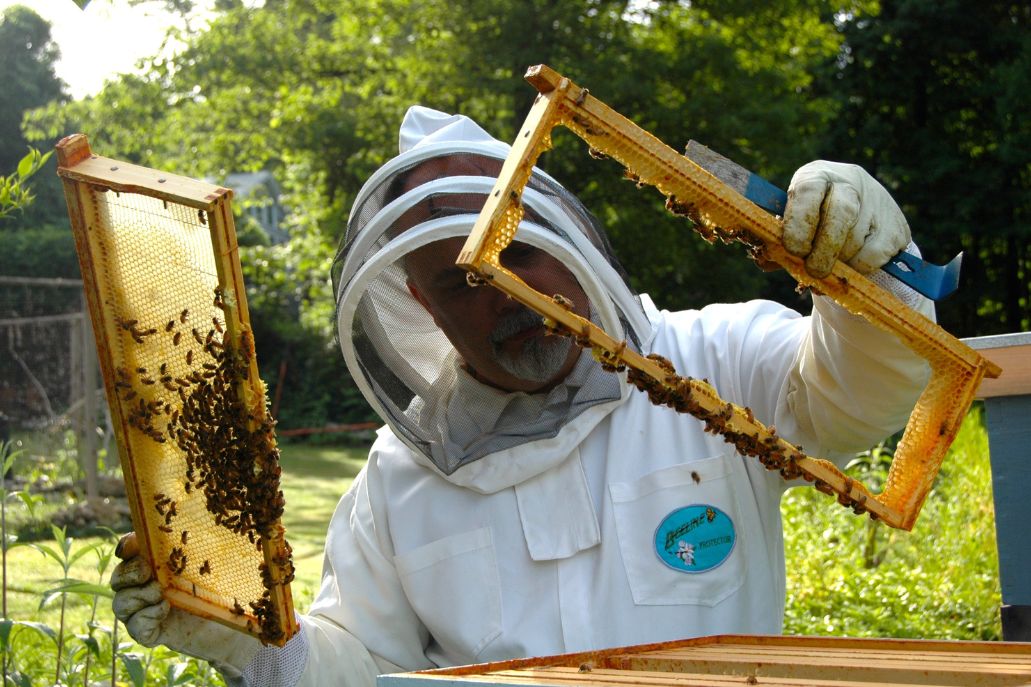Modern agriculture often favors monoculture—the practice of growing a single crop over vast areas. While this approach can increase efficiency and yield, it poses significant challenges for our essential pollinators: bees.
🌾 Monoculture and Bee Nutrition
In a diverse ecosystem, bees forage on a variety of plants, obtaining a balanced diet rich in essential nutrients. Monoculture fields, however, offer limited floral diversity, leading to nutritional deficiencies in bees. This lack of variety can weaken their immune systems, making them more susceptible to diseases and reducing their lifespan.
🧪 Increased Pesticide Exposure
Monoculture crops are more vulnerable to pests, often leading to increased pesticide use. Bees foraging in these areas are exposed to harmful chemicals, which can impair their navigation, reproduction, and overall health. Studies have shown that certain pesticides can disrupt bee gut microbiota, further compromising their immunity.
🐝 The Ripple Effect on Pollination
A decline in bee health doesn't just affect honey production; it has broader implications for pollination services. Many crops rely on bees for pollination, and reduced bee populations can lead to decreased crop yields, affecting food supply and biodiversity.
🌸 Supporting Bee-Friendly Practices
To mitigate the adverse effects of monoculture on bees, consider the following actions:
-
Diversify Plantings: Incorporate a variety of flowering plants in gardens and landscapes to provide bees with diverse foraging options.
-
Limit Pesticide Use: Opt for integrated pest management practices and reduce reliance on chemical pesticides.
-
Support Local Beekeepers: Purchasing honey and other products from local, sustainable beekeepers encourages practices that prioritize bee health.
By understanding the challenges posed by monoculture and taking proactive steps, we can create a more supportive environment for bees, ensuring their survival and the continued health of our ecosystems.
Why It Matters More Than Ever
The world is changing fast, and bees are on the front lines of those changes. From climate stress to habitat loss and pesticide exposure, they face a lot already. Monoculture adds yet another layer of difficulty—and unlike bees, we can actually do something about it.
This isn’t just a bee problem—it’s a food problem, a biodiversity problem, a people problem. When we make farming decisions that ignore the delicate balance of nature, everything connected to that balance starts to wobble. And bees, being small but mighty, are often the first to feel it.
🌱 What You Can Do Today
Even if you’re not a farmer or a beekeeper, your choices matter. Plant a pot of herbs on your balcony. Leave a little patch of clover unmowed in your lawn. Buy honey from your neighborhood beekeeper (hi!). Support small-scale, diversified farms when you shop at the market. These things add up.
Want to learn more about how our buzzing friends live and work? Check out:
At Sammy’s Honey, we’re not just about sweet jars—we’re about sweet change. One garden, one flower, one mindful choice at a time.
Thanks for reading. Now go make a bee happy today.
Honey Facts
Honey Bees have extreme sense of smell which allows them to find their hive and they dance when they return to the hive to tell the other bees where the flowers are. Also, 99% of the bee colony is composed of female bees known as WORKER bees. Worker honey bees transform the floral nectar that gather into honey by adding enzymes to the nectar and reducing the moisture.
SAMMY'S SOUTHERN HONEY


Thank You!
Each jar of honey purchased helps to keep our hardworking family business in operation, and allows Sammy to continue sustainable and ethical bee farming here in the heart of Louisiana. Add some Sammy’s Southern Honey sweetness to your life today!







